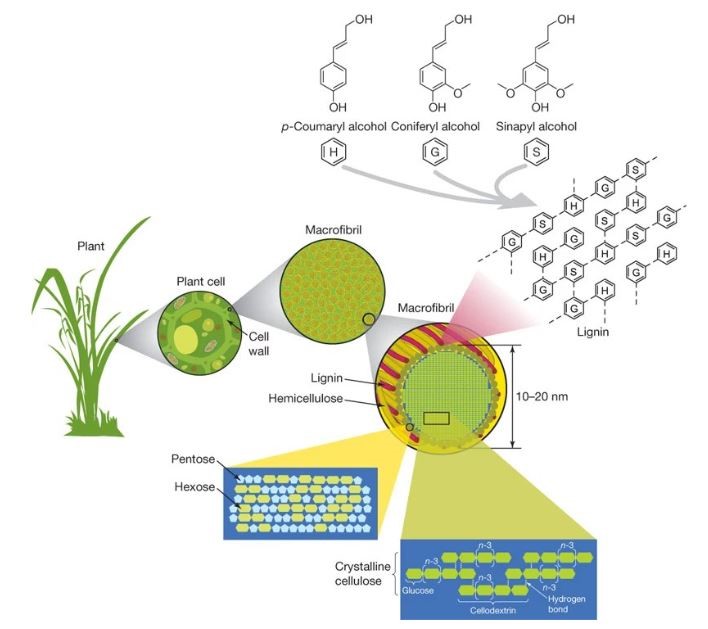Universitetsavisen
Nørregade 10
1165 København K
Tlf: 21 17 95 65 (man-fre kl. 9-15)
E-mail: uni-avis@adm.ku.dk
PhD thesis defense
PhD thesis defense — Chunxiao Gong on 23 OCT at 13:00
Date & Time:
Place:
Aud. Von Langen, Department of Geosciences and Natural Resource Management, Rolighedsvej 23, 1958 Frederiksberg C
Hosted by:
Section for Forest, Nature and Biomass, Department of Geosciences and Natural Resource Management, Rolighedsvej 23, 1958 Frederiksberg C
Cost:
Free
Chunxiao Gong defends his thesis,
Effects of biomass densification on subsequent pretreatment and enzymatic saccharification
Supervisors:
Professor Lisbeth Garbrecht Thygesen, IGN
Assistant Professor Sune Tjalfe Thomsen, IGN
Assessment committee:
Professor Ola Wallberg, Lund University – Sweden
Project Manager Wolfgang Stelte, DTU
Associate Professor Emil Engelund Thybring (chair), IGN
Summary:
Bioethanol derived from lignocellulosic biomass is regarded as one of the most promising renewable biofuels to replace fossil fuels. Densification overcomes the utilization limitation of lignocellulosic biomass with low bulk density, paving the way for its wide application in biorefineries.
This thesis aimed to understand the effects of biomass densification on subsequent pretreatment and enzymatic saccharification, where the main factors: the heat (combined with pressure) and the particle size reduction during densification were investigated.
The results in this thesis showed that densification disrupted biomass structure, decreased water adsorption capacity and particle size of the biomass, and showed effects on hemicellulose stability and lignin structure. These structural modifications and their effects on the enzymatic sugar yield correlate tightly to densification technology, pretreatment method, and biomass species. The effects of pelleting prior to pretreatment on sugar yield seems to depend on a competition between positive effects resulting from the structural modifications of biomass, and adverse effects resulting from the shrinkage and loss of pores in the cell wall, both of which correlate to biomass species and pelleting technologies. Industrial pelleting showed positive effects on the sugar yield of the three types of biomass (wheat straw, beech, and pine) after pretreatments, which confirms the feasibility of utilizing densified biomass products in biorefineries. Surfactant-assisted biomass pelleting was found to bridge pelleting and enzymatic saccharification effectively. It will be beneficial to add surfactants during biomass pelleting when the pellets are aimed at the application in biorefineries.
A digital version of the PhD thesis can be obtained from the PhD secretary Anne Marie Faldt anmf@ign.ku.dk
